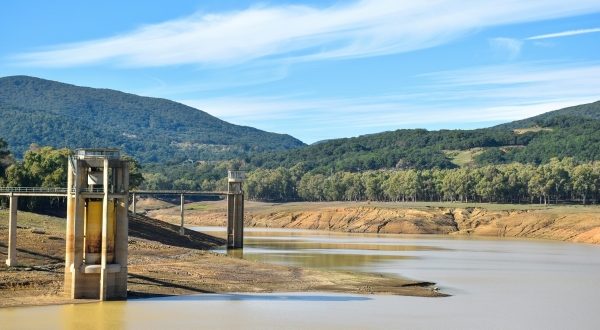
As the scorching summer approaches, Bengaluru, India’s tech hub, finds itself grappling with a dire water crisis, with the situation particularly grave in low-income settlements like Ambedkar Nagar. Against the backdrop of towering global software companies in the Whitefield neighbourhood, residents are forced to resort to desperate measures to secure potable water.
Traditionally reliant on piped water sourced from groundwater, residents of Bengaluru find themselves at the mercy of dwindling water levels. The situation, in Bengaluru, is the worst they have encountered in four decades residing in Bengaluru. The spectre of an unprecedented water crisis looms large, casting a shadow over the lives of thousands in Bengaluru.
The crisis unfolding in Bengaluru is symptomatic of broader environmental challenges exacerbated by human activity. Unusually hot temperatures in February and March, coupled with erratic rainfall patterns in recent years, have exacerbated the situation. Climate change, driven by human intervention, has played a significant role in altering weather patterns, further straining water resources in the region.
In the face of this looming catastrophe, the repercussions are manifold. Beyond the immediate inconvenience of restricted water access, the crisis has far-reaching implications for public health, sanitation, and economic stability. As water scarcity intensifies, costs soar, disproportionately burdening already marginalized communities.
The juxtaposition of opulent corporate headquarters and impoverished settlements underscores the stark inequalities ingrained within Bengaluru’s urban fabric. While global conglomerates flourish, communities in the outskirts grapple with the harsh realities of neglect and deprivation. The water crisis serves as a poignant reminder of the urgent need for equitable access to resources and sustainable development practices.
Efforts to address the crisis must encompass both short-term relief measures and long-term strategies aimed at bolstering water security. From investment in infrastructure for water harvesting and conservation to stringent regulations on groundwater extraction, concerted action is imperative. Moreover, community engagement and empowerment initiatives are essential to ensure that the most vulnerable are not left behind in the pursuit of a more resilient future.
As Bengaluru braces itself for the unforgiving summer ahead, the water crisis serves as a sobering wake-up call. It is a call to action, demanding collective responsibility and decisive leadership to navigate the turbulent waters ahead. Failure to heed this call risks dire consequences, not just for Bengaluru, but for the broader global community grappling with the escalating impacts of climate change.
You may be interested this article:-
01) Terror attack
 News Website I Asia News
News Website I Asia News






